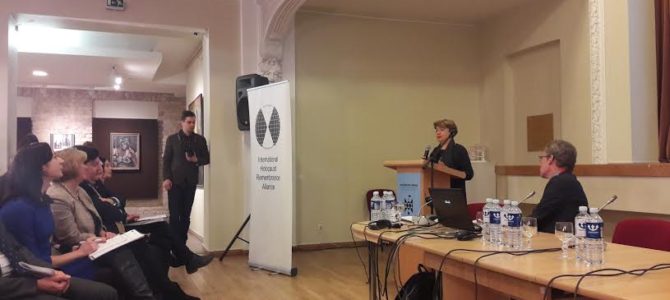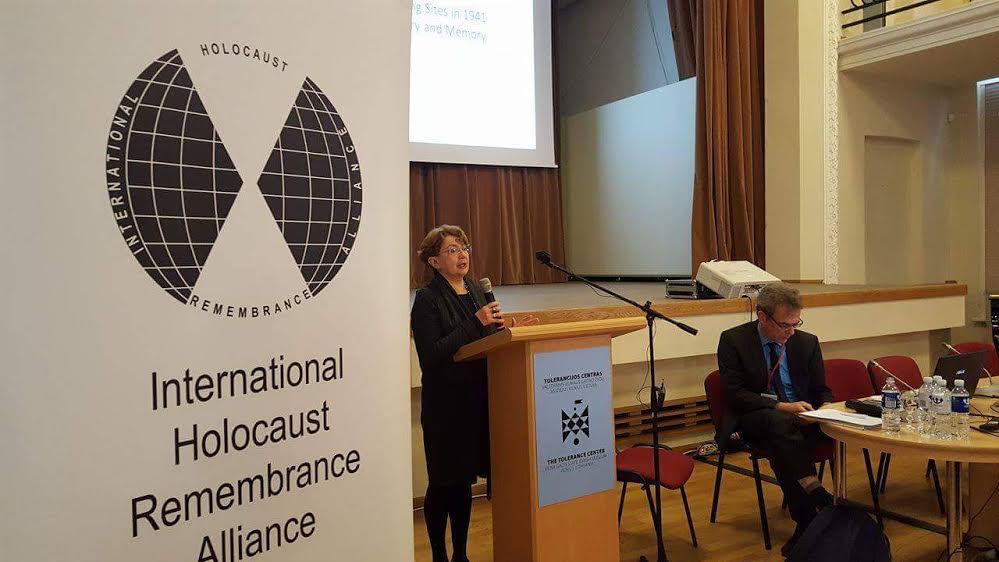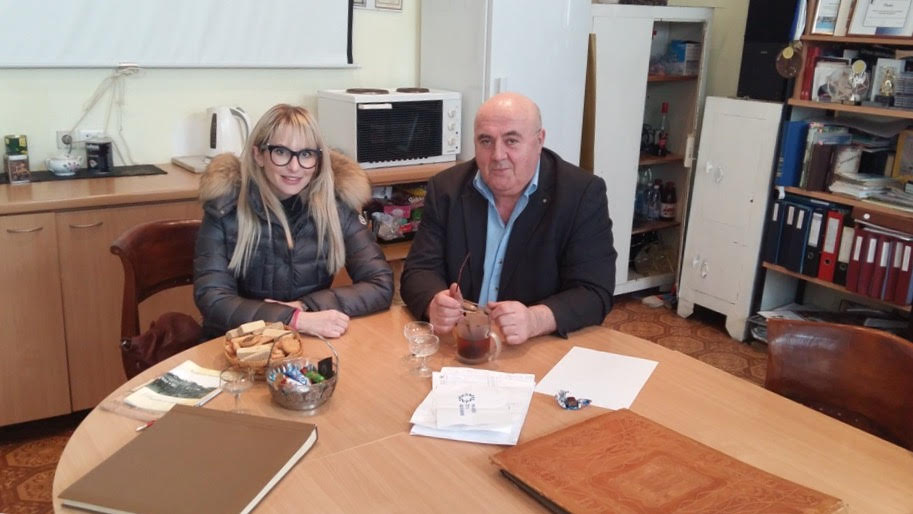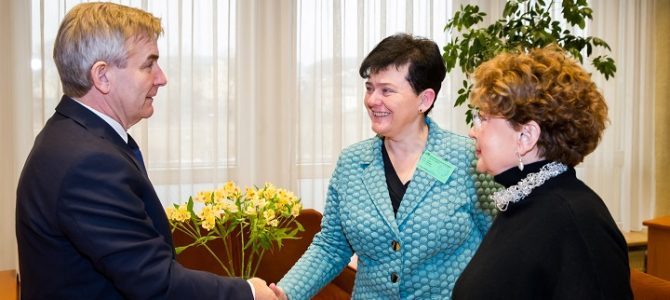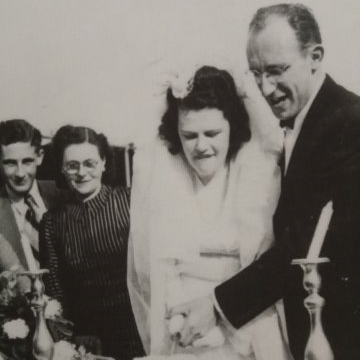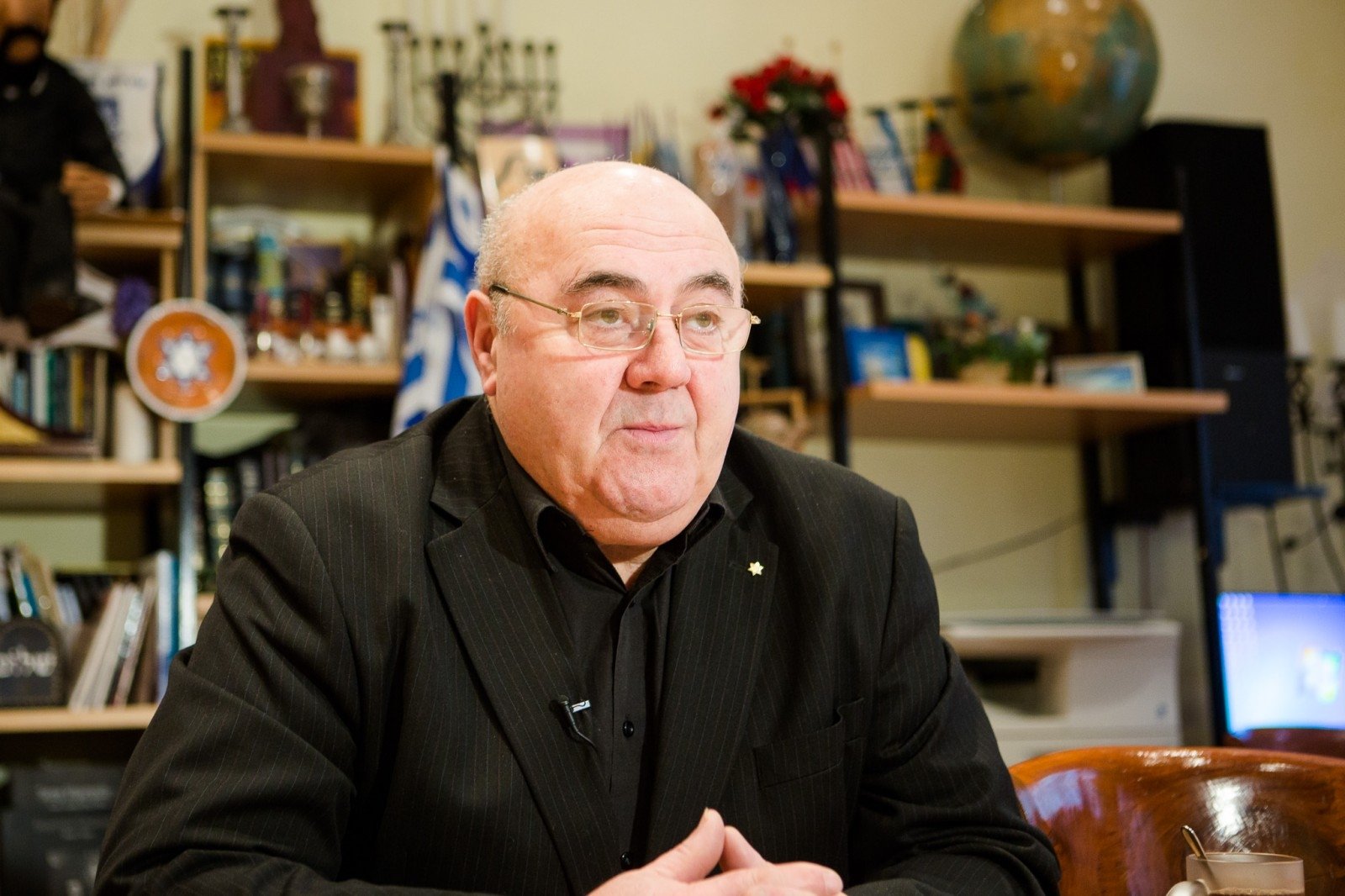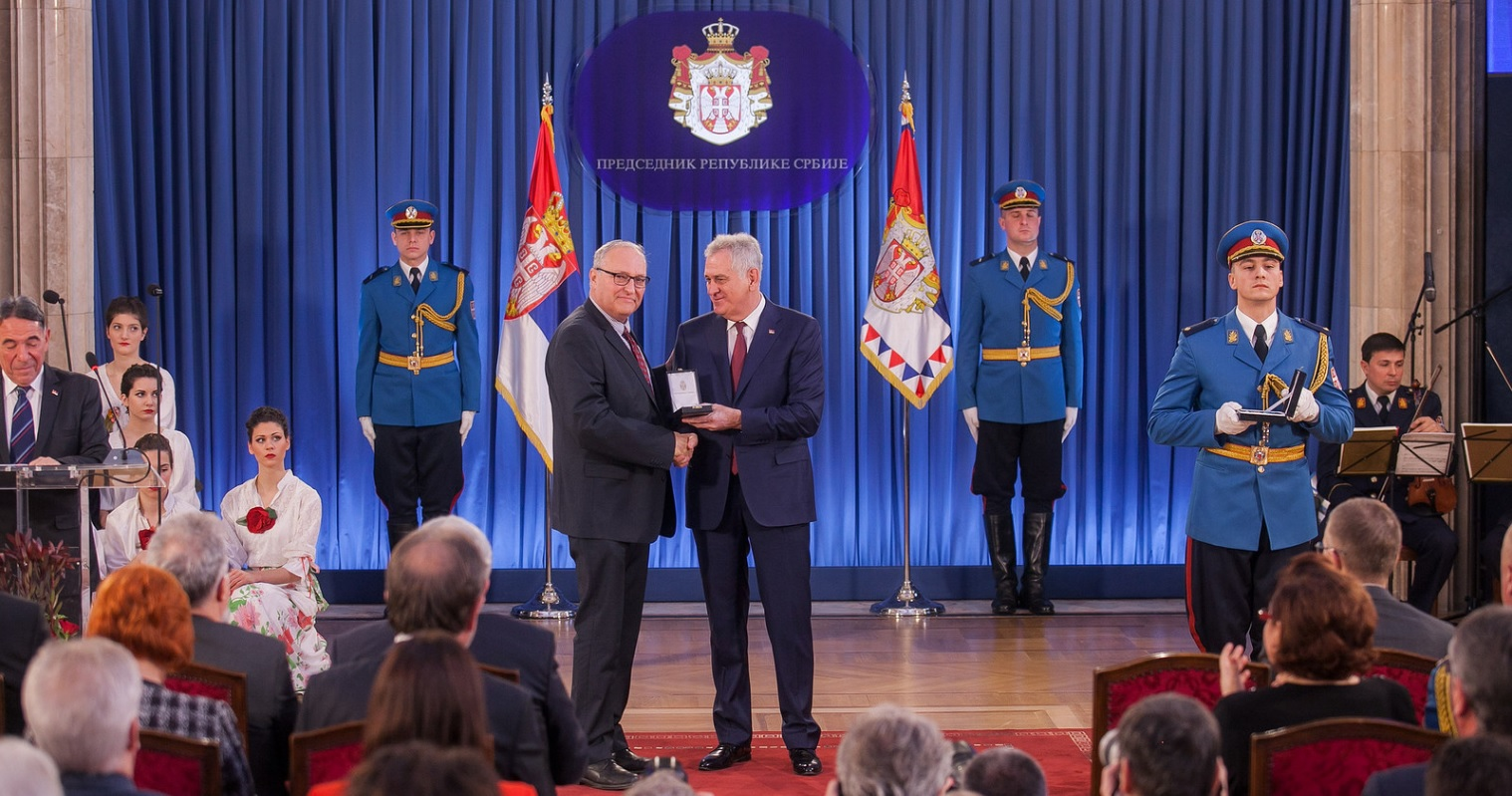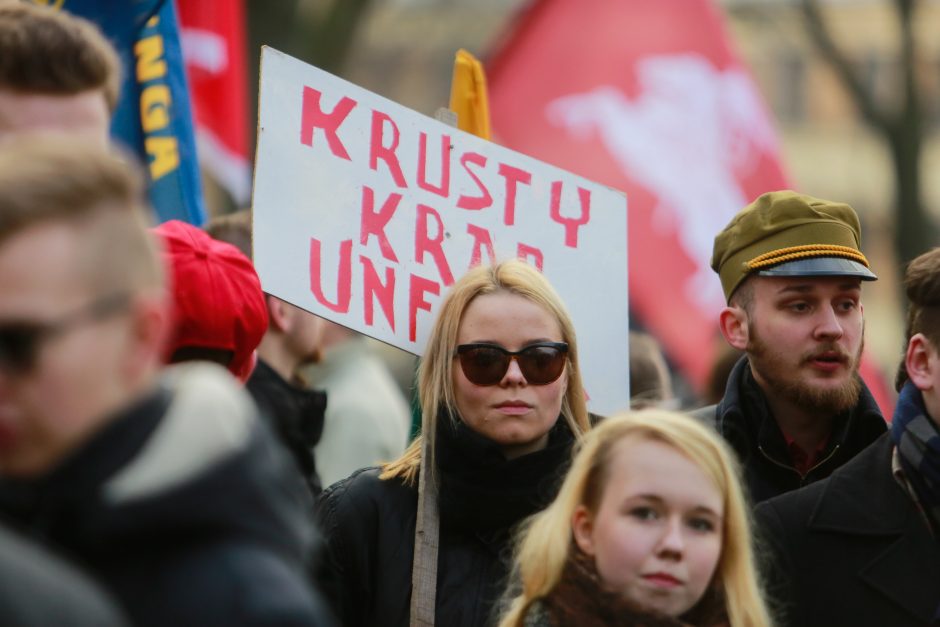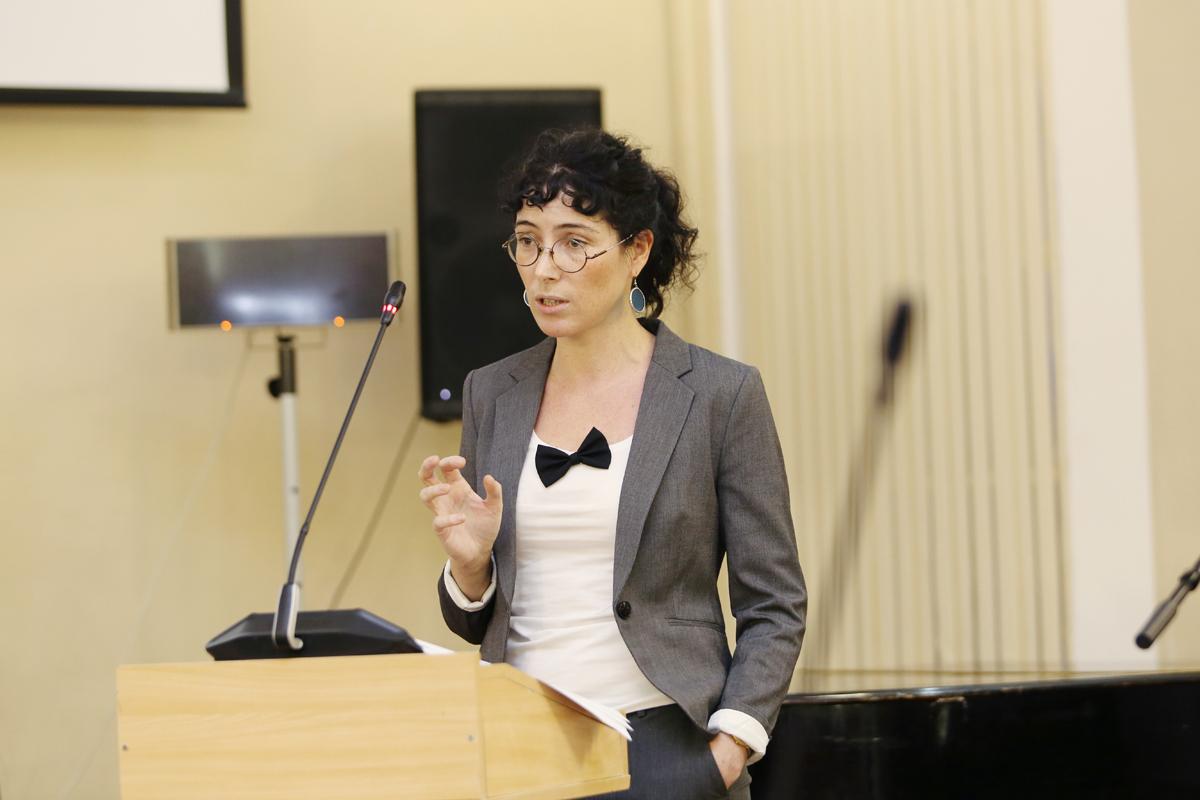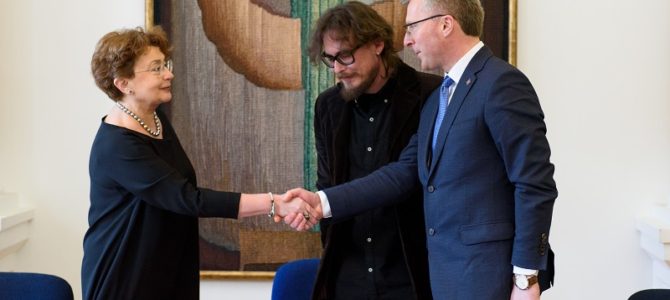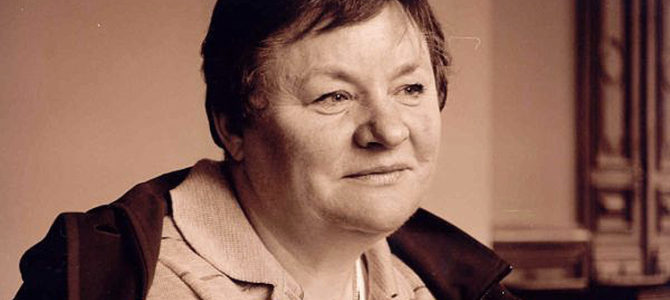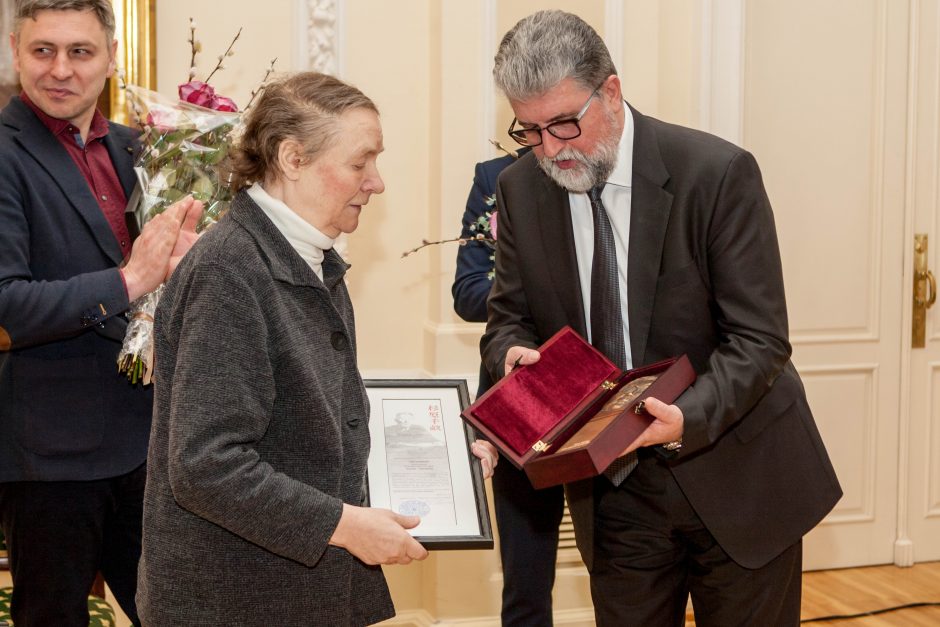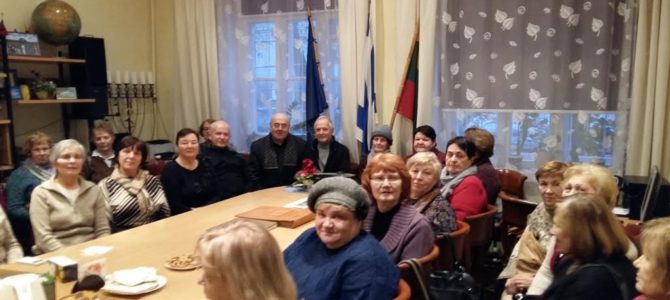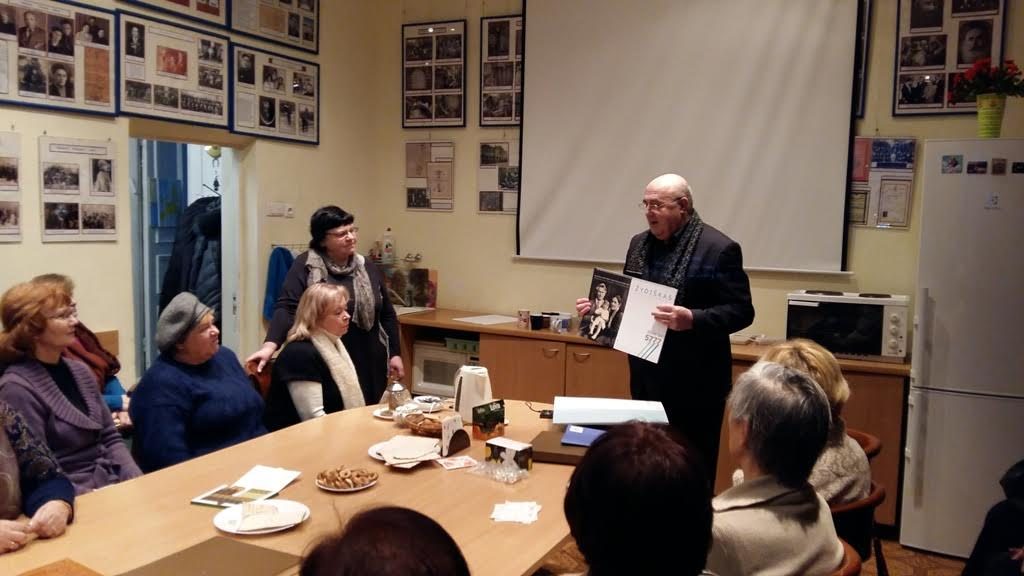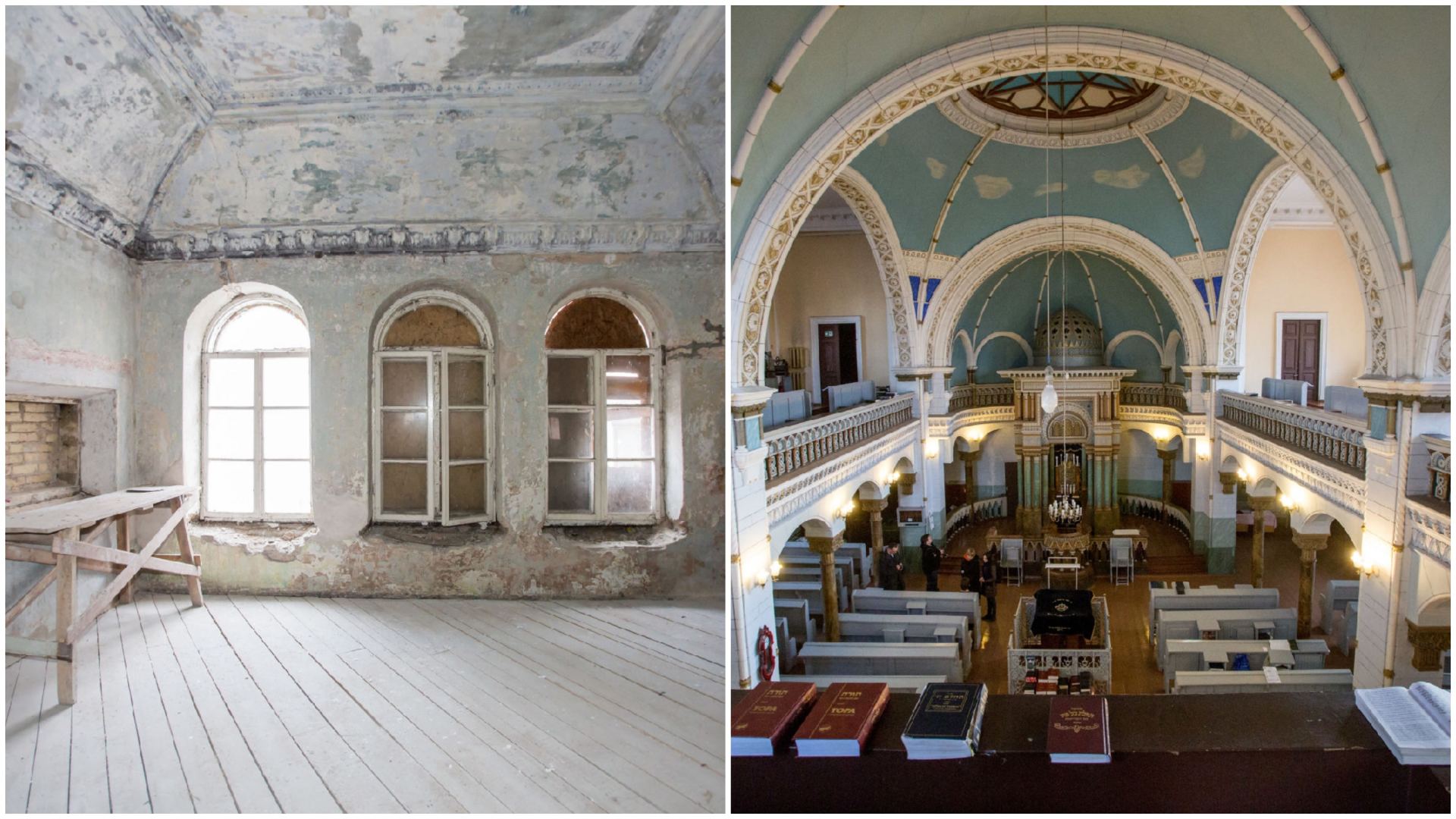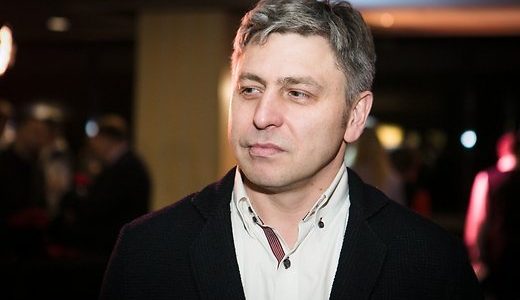
[Note: The proposal Mr. Ivaškevičius makes in the following opinion piece in no way reflects the position of the Lithuanian Jewish Community. In fact, on several points it contradicts the positions of the LJC stated publicly in the past, namely, regarding the rebuilding of the Great Synagogue in Vilnius. Also, at least three Litvak museums, much like the one he proposes, are currently in the planning stage, two in Vilnius, and one scheduled to open in the shtetl of Šeduva in late 2017 or early 2018. The following translation is presented to our readers merely for the sake of information and the interest of our readers.]
by Marius Ivaškevičius
www.DELFI.lt
Yes, again, about Jews. Although, not really, this is perhaps more about us. About Vilnius, really, of which they were a part, and now we are. And this time not about repentance, guilt or about what we’ve lost, on the contrary, about what we can still get back. I want to propose a plan for how our dead Jews could still serve us.
About Vilnius
I love this city and I always tell my foreign friends it is a hidden pearl. When you need peace, it is peaceful. When you want noise and excitement, it has something to offer. The beauty here is obvious, brick-and-mortar and alive, the old architecture, the beautiful men and women, in a word, something to look at. For a long time my stories hit a polite wall of promises: “yes, of course, we will have to go there someday.” Someday, never. But suddenly it began to work. As if my foreign friends had made an agreement among themselves, they began to flood into Vilnius, asking what they should see first in this city.
So I got the opportunity to look at Vilnius not through the eyes of an insider living here, but through the eyes of someone who had just arrived. And I realized Vilnius doesn’t have anything to offer them. The Old Town, sure, it’s charming. But that charm wears off after a half day. You can spend the evening and night on the weekends in the bars. Then what? Then they want museums, but here these, it turns out, are each more boring than the last. Old armor, weapons and glazed tiles they have already seen, the picture galleries are only of local significance, there are no masterpieces and it takes a real fanatic, a tourist dedicated to art, to “consume” what is on offer.
The only thing which is truly not disappointing is the theater. The theaters of Vilnius are world-class and many drama enthusiasts come just for this, to see Nekrošius, Tuminas and Koršunovas in their hometown. Perhaps sometimes they murmur after the show about a lack of subtitles or translation, but essentially they’re satisfied. The plays fill their evenings, and during the day, seeking new experiences, they visit the Museum of Lithuanian Theater and Cinema, certain that it will be of the same high caliber as our theater which it represents. But they find that same museum boredom instead. A stoppage of time and museum women knitting.
